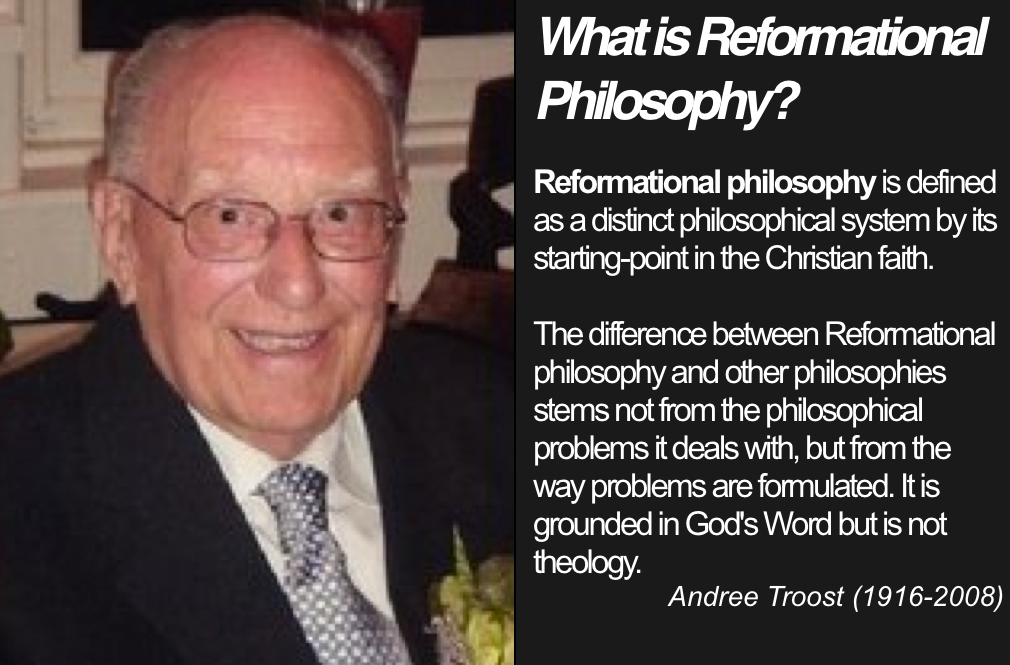Searching the Soul
An Introduction to Christian Psychology
Academic Introductions for Beginners IV
Willem J. Ouweneel.
Jordan Station, ON: Paideia Press
ISBN 978-0-88815-225-1
Pbk, xiii + 231 pp, £8.00
What is Christian psychology? Willem Ouweneel answers this question, in the fourth volume of his Academic Introductions Series, by first looking at what it’s not. It’s not a neutral science and it’s not a biblical psychology. In respect to the latter he reminds us that the Bible is true, but not all truth is in the Bible. Christian psychology is based on a Christian worldview which is ‘rooted in the Bible’ (p10). He is scathing about attempts to integrate psychology and theology; all to often the integrationists, like biblicists, understand by ‘psychology’ the current secular psychological views (p 12); they often also confuse theology with the Bible. Theology is unable to provide a Christian worldview as a basis for psychology - the limited role of theology is dealt with further in his What Then Is Theology?
The book is an expansion of his earlier Heart and Soul (2009), which in turn was a translation of his Dutch work Hart en Ziel (1984).
His working definition is ‘psychology deals with what goes on inside a person as well as with his outward behaviour’. (p3) He develops the formula B = f(R,P,S) to show that behaviours cannot be reduced to one element or another but are a function of religious (R), personal (P) and situational factors (S).
The strength of the book is that it develops a Christian view of psychology within a Christian anthropology. So erroneous dualistic and tricotomistic (body/ soul/ spirit) views of humanity are rejected. (Unfortunately, he keeps using exclusive language.) His approach does not set Christian psychology against secular psychology, he discerns what is good in the former and seeks to transform it. He can do this as he is working from a Christian philosophical view of reality based largely on Dooyeweerd and Vollenhoven’s works.
Particularly interesting for me was the chapter on the development of psychology from its nineteenth century origins through structuralism, functionalism, depth psychology, reflexology, behaviourism, humanistic psychology, cognitive, Gestaltand existentialist psychologies.
It is in the context of psychology that Ouweneels’s splitting of Dooyeweerd’s psychical modal aspect into two: the perceptive and the sensitive that makes practical sense. He also makes good use of Vollenhoven’s distinction between structure and direction to critique the different psychological approaches on offer.
This books would be an excellent resource for those studying psychology at school or as undergraduates, but any Christian would find something of value in it, particularly if they are involved in any form of pastoral ministry. It is replete with good sound Christian wisdom.
Contents
1. Psychology and Christianity
2. Starting points for a christian psychology
3. The unity of man
4. Psychological knowledge
5. The development of psychology
6. The lower mental idionomies
7. The spiritive idionomy
8. The normal personality
9. The human heart
10. The abnormal personality
11. Causes of mental disorders
12. The Christian and psychotherapy.

